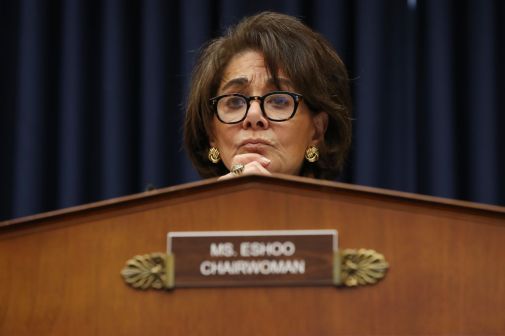Defense bill, including MGT Act, clears final House hurdle

The long, winding road for Modernizing Government Technology Act now leads to one final stop in the Senate.
The House of Representatives adopted the conference report for the fiscal 2018 National Defense Authorization Act — which includes the information technology bill — in a 356-70 vote on Tuesday, clearing the way for the proposal to move to the Senate. A final vote there would send the legislation to President Donald Trump for his signature before the end of the calendar year.
The MGT Act — first introduced in the House by Will Hurd, R-Texas, followed by a corresponding version in the Senate from Jerry Moran, R-Kansas, and Tom Udall, D-N.M. — proposes again to allow agencies to put money saved through IT efficiencies into working capital funds, which can be accessed for up to three years, to fund efforts to modernize their technology. It also would create a centralized fund that agencies can tap into for modernization.
The tech bill was added in August to the Senate version of the NDAA, which is annually a popular avenue for many technology bills because the defense funding agreement is seen by many as a must-pass proposal.
After the House and Senate passed individual versions of the NDAA, the chambers resolved differences last week in a conference committee. The conference version had typically strong support on both sides of the aisle in the House, with 229 Republicans and 127 Democrats backing the measure.
Though it has almost always had bipartisan support, the MGT Act has had a difficult road to potential passage.
The $500 million bill already passed the House twice as a stand-alone bill — once this May and once in 2016, before failing to move in the Senate prior to the end of the previous Congress. It’s cited in Trump’s proposed budget for fiscal 2018 as central to the White House’s strategy to update agency systems.
Acting federal Chief Information Officer Margie Graves has frequently cited the bill as a vehicle for agencies to find funding to modernize and replace their aging IT systems, saying last month that the Office of Management and Budget is already working on governance for agencies to implement the bill as soon as it becomes law.






